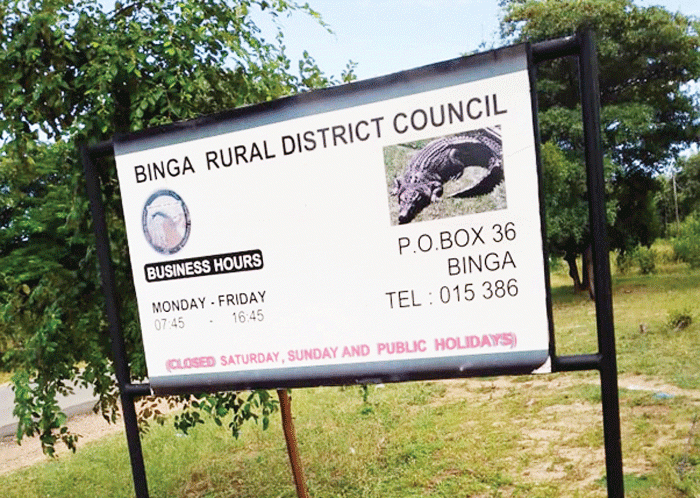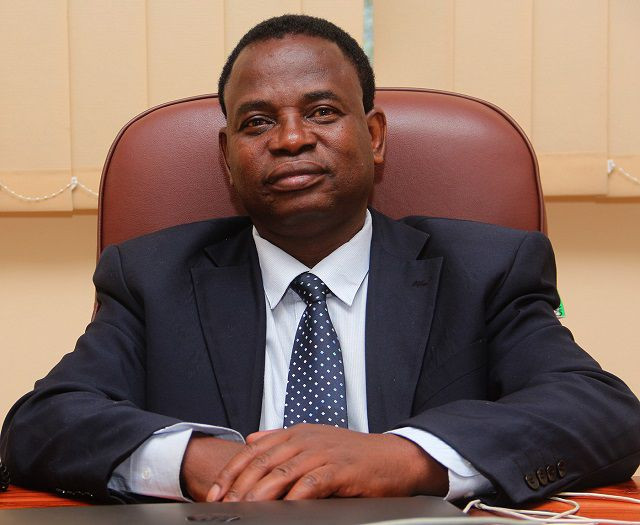
BINGA South legislator Fanuel Cumanzala (Citizens Coalition for Change) has called for legislation guaranteeing land rights to villagers settled on communal land to protect them from arbitrary evictions.
Cumanzala made the call in Parliament weeks after the government was forced to suspend sporadic eviction of villagers which had sprouted across the country after authorities alleged that the villagers had illegally settled on State land.
Some of the victims were beneficiaries of the 2000s land reform programme that the late former President Robert Mugabe defended as necessary to correct colonial land imbalances between blacks and whites.
Cumanzala said the land imbalances still existed, with ordinary villagers being at the mercy of authorities and always facing the risk of being evicted.
In his contribution in the National Assembly, Cumanzala said it was regrettable that the Zanu PF-led government had failed to bring to finality the land question despite embarking on the land reform exercise.
“Now, although the Lancaster House Agreement included provisions related to land reform, the issue of land redistribution remained unsolved and this is why in 2000, there was a fast track land reform programme,” he said.
“However, the question about individual ownership of land was not, and I am stressing, was not adequately addressed during the land reform programme.”
Thousands of white farmers were forced to leave their land, often violently, during the height of the land reform programme from 2000 to around 2005.
- Secure your business premises: Police
- New law answers exhumations and reburials question in Zim
- DT Bio Mudimba: A sungura perfectionist
- Travelling & touring: Gandavaroyi Falls: Tourism’s hanging fruit
Keep Reading
A compensation scheme for white former farmers was launched by President Emmerson Mnangagwa in 2020, with the government later promising them US$3,5 billon for seized infrastructure.
Cumanzala said the question about individual ownership of land was not adequately addressed during the land reform exercise as seen in the majority of beneficiaries not having title deeds.
“Now the comprehensive and sustainable land reform that we are advocating for in this House is crucial in balancing social justice, economic viability and environmental sustainability,” he said.
“The land situation in our country necessitates rectifying historical injustices, enhancing food security and promoting economic development. However, achieving these goals require addressing challenges such as land tenure.
“I would like to, therefore, propose land rights reforms that deal with the above-mentioned challenges, while leveraging on opportunities for sustainable development.”
He said the objective was to strike a balance between individual property rights and communal stewardship, “fostering sustainable and equitable land use in the rural areas, particularly considering economic implications”.
He said the provision of secure land rights to local communities would stimulate increased agricultural activities and boost rural economies.
“Well-defined and secure land rights from the formed foundation of investor confidence, catalyse agricultural and agri-business investments, secure in the knowledge of safe property rights,” he said.
“The economic opportunities stemming from the land rights reform will collectively contribute to a more dynamic and inclusive economy, the confluence of job creation, investment attraction and economic diversification, not only addresses immediate economic incentives but also lay the foundation for sustainable and resilient rural development.
“A flourishing rural economy can yield positive spill-over effects on urban areas fostering a more balanced and equitable national economic landscape.”









